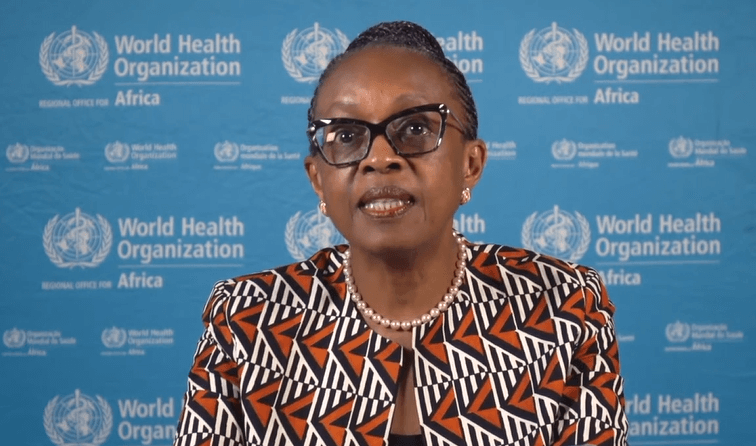Nigeria has achieved a remarkable milestone in its battle against malaria, with a 55% reduction in malaria-related deaths, according to the World Health Organization (WHO). Dr. Matshidiso Moeti, WHO Regional Director for Africa, shared this encouraging news, stating that the malaria death rate dropped from 2.1 per 1,000 population to just 0.9 per 1,000 population.
Speaking at the launch of the 2022 Nigeria Malaria Report in Abuja, Dr. Moeti noted that Nigeria had been responsible for roughly 27% of the global malaria caseload. However, the country has made significant progress, with a 26% reduction in malaria incidence since 2000, declining from 413 cases per 1,000 to 302 cases per 1,000 in 2021.
Several factors have contributed to this positive trend, including the challenges posed by Nigeria’s large population, suboptimal surveillance systems capturing less than 40% of malaria data, insufficient funding for universal interventions across all states, and preferences for private healthcare with limited regulation.
Dr. Moeti highlighted the significance of the 2022 Nigeria Malaria Report, which leverages data to prioritize health interventions. Through data-driven approaches, Nigeria can focus resources effectively, monitor performance at federal and state levels, and optimize intervention strategies. The report is the result of a collaborative effort between the Nigeria Malaria Elimination Programme, the WHO Regional Office for Africa, and the Global Malaria Programme.
Dr. Moeti emphasized that the report provides critical insights into the malaria situation in each of Nigeria’s 36 states and the Federal Capital Territory. It offers valuable data on population demographics, malaria interventions, climate, and disease burden at the state level, enabling a targeted subnational response to malaria.
Furthermore, Dr. Moeti noted that Nigeria had also made substantial progress in addressing HIV, meeting two of the 95-95-95 goals between 2015 and 2021. Additionally, tuberculosis intervention coverage had improved, with an increasing number of cases detected during the same period.
In response, Prof. Muhammad Pate, Nigeria’s Coordinating Minister of Health, outlined the ministry’s commitment to enhancing healthcare delivery in the country. The ministry plans to retrain approximately 120,000 health workers and reduce the burden of disease and related deaths as part of its comprehensive healthcare strategy




